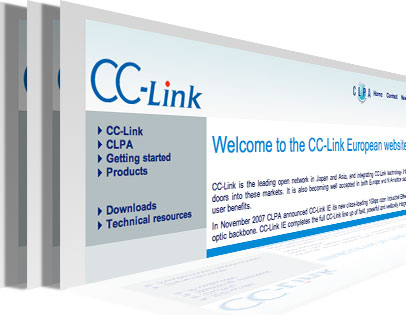It’s time for a cool level-headed look at the future of the Euro.
At the beginning of this year there were plenty of people saying that the Euro would collapse. Things are looking more stable now, but nothing is guaranteed.
We certainly hope the Euro recovers and continues to be one of the most robust and favoured currencies of the world. But it is always good management practice not to have too many eggs in one basket, so we would suggest that the time is ripe to look at a concerted export push into non-Euro regions, and of these China has to be high on the list due to its potential for large long term returns.
China’s appetite for automation is voracious. Until a few years ago, manual labour ruled most factories because wages were low and automation did not make sense in most cases. However, a side effect of China’s rapid economic growth is that as living standards have risen, so too have wages. The consequent impact on costs means suddenly there is an emphasis on automating processes.
China’s current Five Year Plan (the 12th) also emphasises the need to upgrade manufacturing industry and again, this will also help drive the demand for automation. Hence there is clearly demand for companies who can help meet this need.
That said, China is not an easy market to enter or in which to maintain operations. It is a vast, diverse and changing country with layers of history, culture and language that can easily confuse the newcomer.
For this reason the CLPA (CC-Link Partners Association) has developed its Gateway to China (G2C) programme. This is intended to get European companies quickly up to speed in the market by marketing their products across this vast country with a variety of promotional activities. It also undertakes active promotion and marketing of its members and will provide bespoke help for specific projects.
It is now a fundamental business truth that European automation countries must develop an export trade with China and make sure it is not overexposed to Euro-based economies. The G2C is needed now more than ever.




